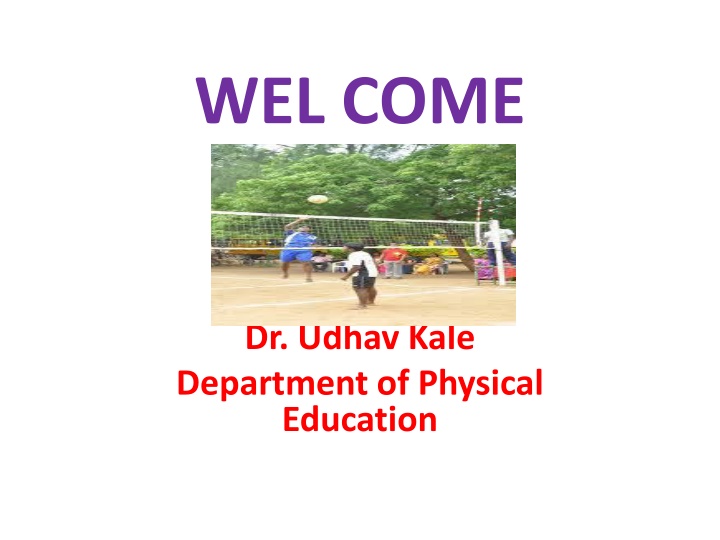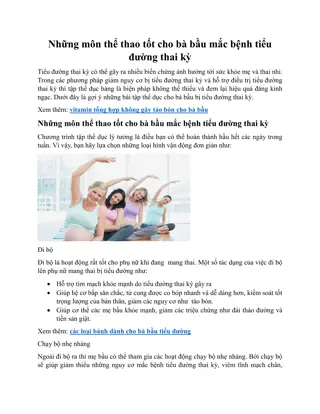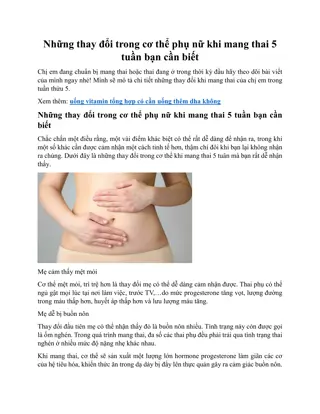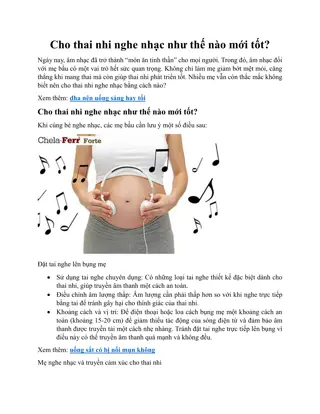
Exploring Physical Education, Wellness, and Sport Management Fields
Delve into the world of physical education, wellness, and sport management, covering disciplines, adapted physical activity, sport management, allied fields, and defining terms like health, wellness, and holistic health. Explore the diverse aspects of these fields and their significance in promoting well-being and quality of life.
Uploaded on | 2 Views
Download Presentation

Please find below an Image/Link to download the presentation.
The content on the website is provided AS IS for your information and personal use only. It may not be sold, licensed, or shared on other websites without obtaining consent from the author. If you encounter any issues during the download, it is possible that the publisher has removed the file from their server.
You are allowed to download the files provided on this website for personal or commercial use, subject to the condition that they are used lawfully. All files are the property of their respective owners.
The content on the website is provided AS IS for your information and personal use only. It may not be sold, licensed, or shared on other websites without obtaining consent from the author.
E N D
Presentation Transcript
WEL COME to Dr. Udhav Kale Department of Physical Education
The Field (More than a playing surface!) Field . a combination of a well-established discipline and one or more professions that deliver a social service and are focused on common goals. (Corbin) Discipline organized body of knowledge embraced in a formal course of learning. (Henry)
Adapted Physical Activity Providing individual programs and services that encourage participation to the fullest extent by those with disabilities.
Sport Management Encompasses the managerial aspects of sport and sport enterprise. Facility and personnel management, budgeting, promotion of events, media relations, and programming. The Journal of Sport Management is the official journal of the North American Society for Sport Management (NASSM).
Allied Fields Health: Health Instruction Health Services Environmental Health Recreation Dance These fields share many purposes with physical education, exercise science, and sport, but the content of the subject matter and methods to reach their goals are different.
Definition of Terms Health: a state of positive well-being associated with freedom from disease or illness. Wellness: a state of positive biological and psychological well-being that encompasses a sense of well-being and quality of life.
Definition of Terms Holistic Health: the physical, mental, emotional, spiritual, social, environmental, and genetic factors influence on an individual s life. (similar to wellness) Quality of Life: overall sense of well-being that has a different meaning for each individual.
Definition of Terms Physical activity: any bodily movement produced by the contraction of the skeletal muscles that increases energy expenditure above the baseline level. Exercise: physical activity that is planned, structured, and repetitive with the purpose of developing, improving, or maintaining physical fitness.
Definition of Terms Physical Fitness: the ability to perform daily tasks with vigor and without undue fatigue, and with sufficient energy to engage in leisure-time pursuits, to meet unforeseen emergencies, and the vitality to perform at one s fullest capacity. Health-related and Performance-related physical fitness: what are the components of each?
Physical Fitness Health-related Fitness Performance-related Fitness Agility Cardiovascular endurance Speed Body composition Coordination Power Flexibility Reaction time Muscular endurance Balance Muscular strength
Philosophy The love of wisdom (Greek) A set of beliefs relating to a particular field. A system of values by which one lives and works. Helps individuals address the problems that confront them through the use of critical thinking, logical analysis, and reflective appraisal.
General Philosophies Idealism: The mind interprets events and creates reality; truth and values are absolute and universally shared. Realism: The physical world is the real world and it is governed by nature; science reveals the truth. Pragmatism: Reality and truth is determined by an individual s life experiences. Naturalism: Reality and life are governed by the laws of nature; the individual is more important than the society. Existentialism: Reality is based on human existence; individual experiences determine what is true. Humanism: Development of the full potential of each individual. Emphasized meeting the needs individuals needs.
Sport Philosophy Study of the true meanings and actions of sport and how sport contributes to our lives. Eclectic philosophy of education (1875-1950) Comparative Systems Approach (1950-1965) Disciplinary Approach (1965-present) Sport philosophy offers us guidance in addressing inequities in physical activity opportunities experienced by underserved populations.






















